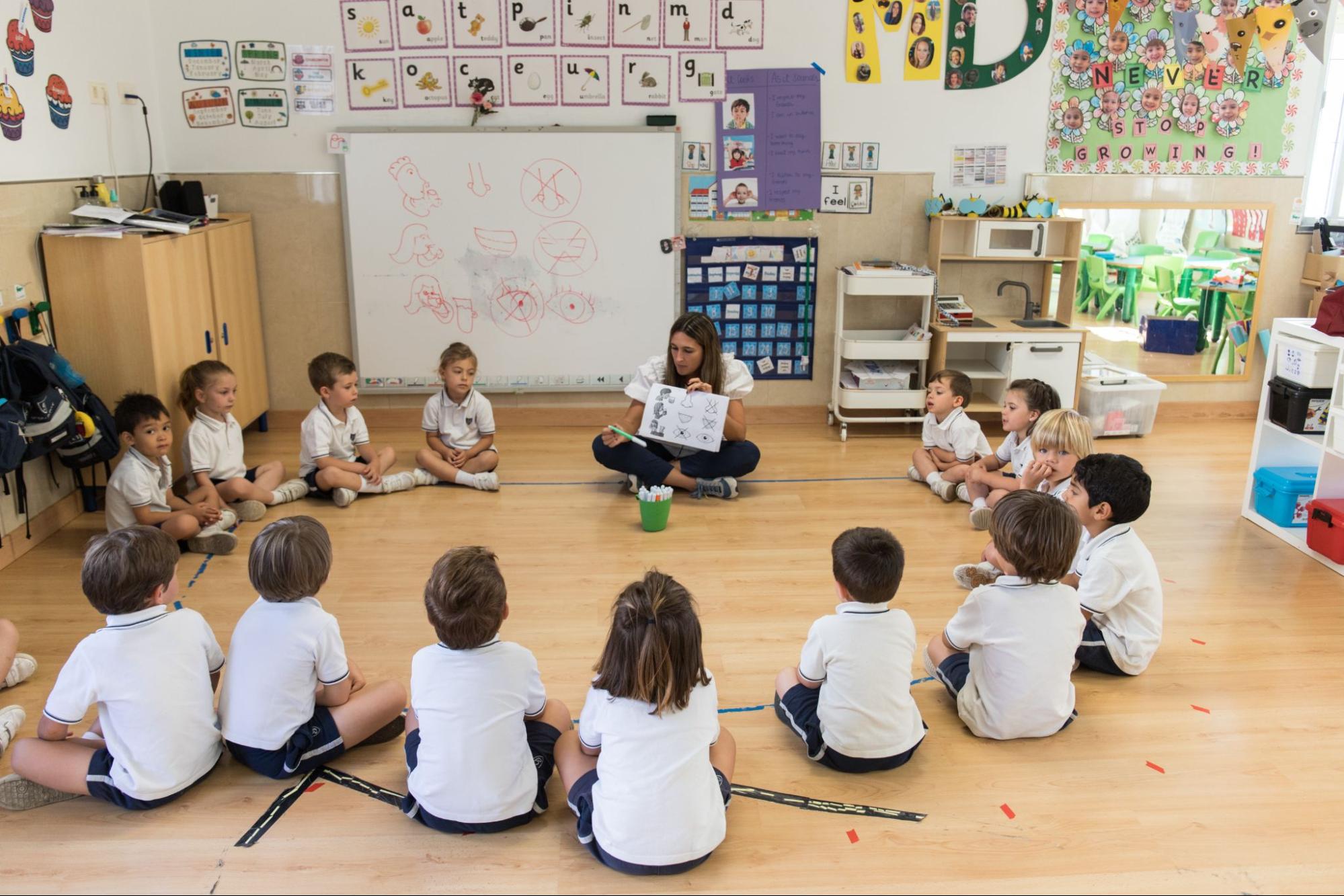The start of a new school year is a crucial time for students, teachers and parents alike. For many, it represents a new opportunity to set goals and establish solid study habits. Back to school is an exciting and challenging time for students of all ages, from Nursery to DP. But how can students prepare properly and make the most of this new beginning? In this article, we offer you 10 essential tips to ensure a good start to the school year, read on!
How to have a good start to the academic year?
Before we dive into the specific tips, it is important to understand how to create the right conditions for a good start to the school year:
Establishing a study timetable at home
The first step to a good start to the school year is to create a study routine at home. This helps establish an environment conducive to learning and ensures that study time is productive.
Have a sleep habit
Good sleep is essential for school performance. Establish a regular bedtime and make sure your children get enough sleep.
Create a study area
Dedicate a quiet, distraction-free space for study at home. This makes it easier to concentrate and focus.
Set mealtimes
Adequate food is key to concentration and energy. Set regular meal times.
Balanced and complete nutrition
Provide your children with a diet rich in essential nutrients, such as fruit, vegetables, protein and healthy carbohydrates. This will contribute to their overall well-being and their ability to learn.
10 Keys to getting the academic year off to a good start
To make the most of the start of the academic year, it is essential to establish routines from the very beginning. Here are the 10 keys to getting the school year off to a good start:
Organisation
It is essential for students’ academic and personal success. It gives them the tools they need to manage their time, reduce stress, improve their performance and develop valuable skills that will serve them well throughout their lives.
Establish a routine
Create a daily routine that includes sleeping schedules, mealtimes and study time. A consistent routine provides structure and helps children feel secure.
Review the school calendar
Familiarise yourself with key dates in the school calendar, such as holidays, assessments and special activities.
Communicating with the school
Maintain open and constant communication with the school. Read communications that are sent and address any questions or concerns you may have.
Setting goals
Work with your children to set academic and personal goals for the new school year. This can help keep them motivated and focused.
Study space
Create a study space at home that is free of distractions and well organised. This encourages study habits.
Encourage independence and quality time
As children get older, give them the opportunity to make decisions and take on age-appropriate responsibilities. Spend quality family time together. A balance between study and leisure time is essential for children’s well-being.
Sport and good nutrition
Making sure your children have opportunities for physical activity and providing balanced, healthy meals contributes to overall health and academic performance.
Encourage curiosity
Encourage your children to ask questions and explore their interests. Stimulate their curiosity and creativity.
Promote responsibility
Teach your children about the importance of personal responsibility, such as taking care of their belongings and homework.
All of these tips can be applied to a greater or lesser extent at all stages, but the key is to maintain open communication with teachers and school staff, and to be attentive to your child’s needs and concerns. Tailoring these tips to your child’s age and individual needs will help ensure a successful transition to the new school year.
We hope you have found these tips useful. It is always exciting to start a new school year and, with the right preparation, your child can face it with confidence and determination at Yago School. Go for it!










